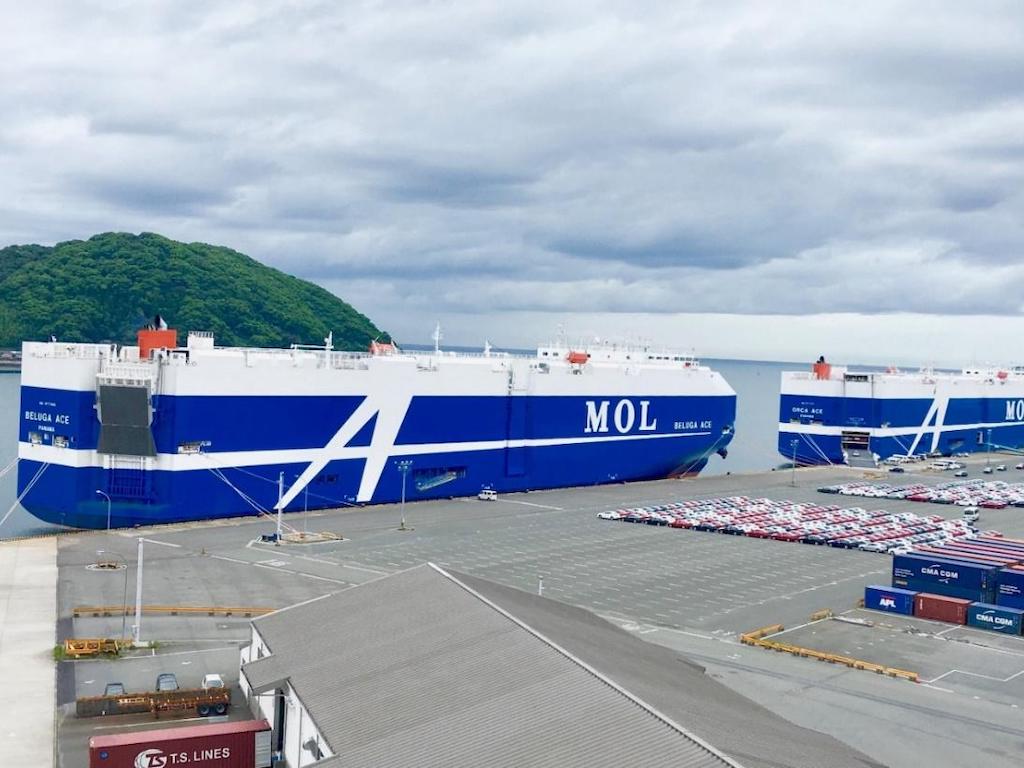Significantly improving efficiency in planning and validation with ‘mathematical optimization’
Tokyo - Mitsui O.S.K. Lines, Ltd. (MOL) and its group company MOL Information Systems, Ltd. announced that, along with Associate Professor Shunji Umetani of Graduate School of Information Science and Technology, Osaka University, they have successfully developed a vessel allocation plan and cargo loading plan for car carriers based on “mathematical optimization,” one of the fundamental technologies of artificial intelligence (AI). This technological advance could allow MOL personnel to complete vessel allocation and loading plans more quickly than ever before.

MOL operates about 100 car carriers, and in general, cargo capacity per ship is around 5,000 standard passenger cars. In recent years, transport and logistics patterns of automakers and other shippers have been diversifying, and efficient vessel allocation and cargo loading are absolutely essential to ensure the fleet to operate at peak effectiveness to meet customer needs. For example, when the vessel is calling several loading and unloading ports, the deck and hold in which cargo is loaded can significantly affect safety of cargo operation and its efficiency. In addition, since the order of cargo loading/unloading and hull balance during the voyage must be taken into consideration, it can take longer to develop a loading plan, depending on the plan’s level of difficulty and the skills of the planner.
In this study, in cooperation with Associate Professor Umetani, two teams developed an algorithm that efficiently generates a proposed plan from an enormous number of combinations by using mathematical optimization. Both teams will assess the potential for practical use of the technology, aimed at improving services through digitalization, and significantly shortening the required time to respond to customers when transport volume or the order of port calls changes suddenly.
The MOL Group continually takes a proactive stance in promoting the practical use and application of ICT and draws upon each division’s specialized knowledge, with the goal of creating a shipping group that is always the customers’ first choice when it comes to transport and logistics.

Follow us on social media: